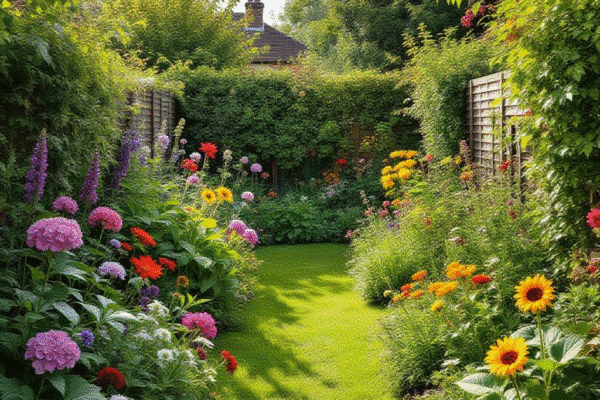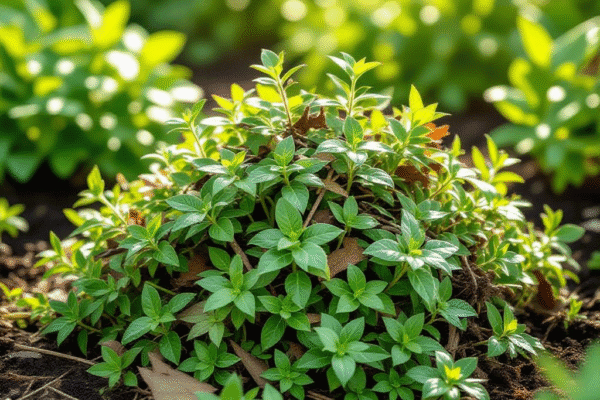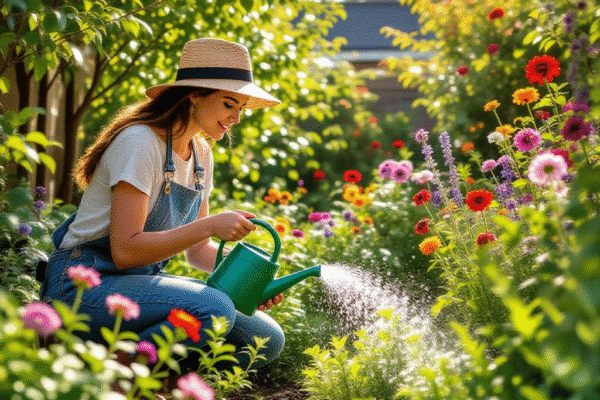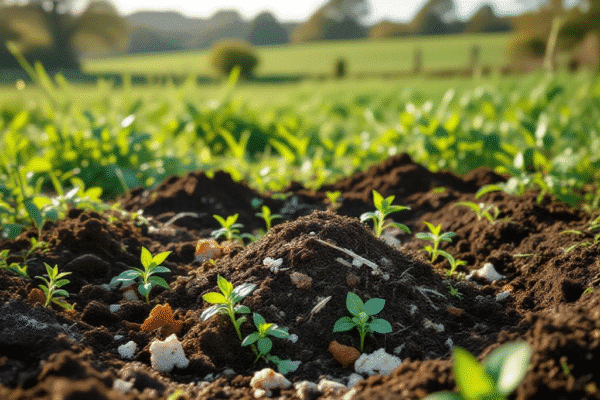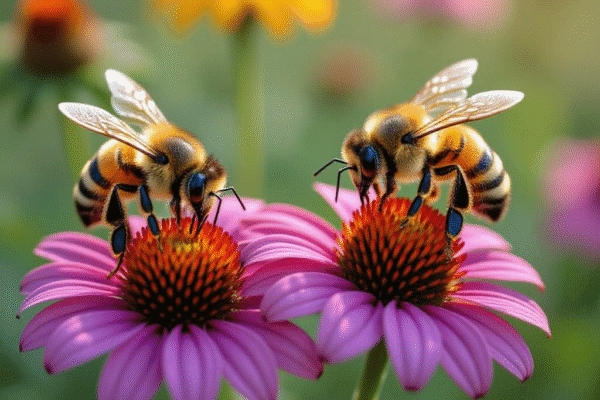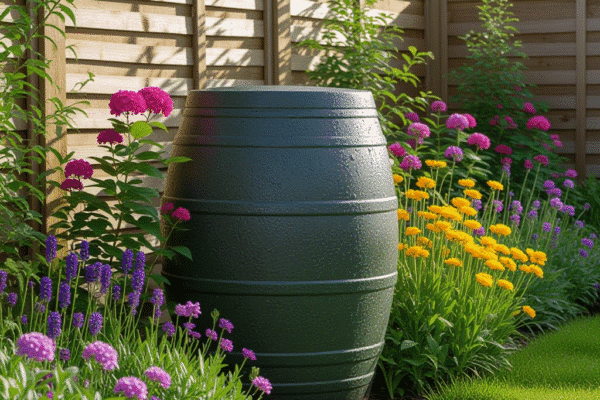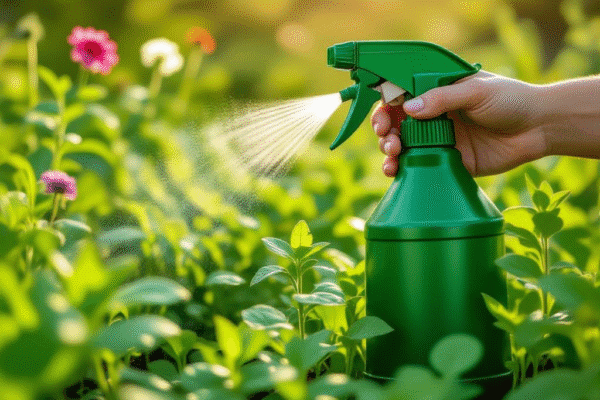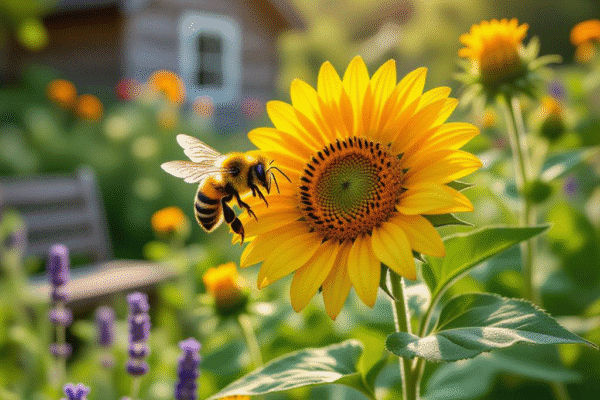
The Role of Bees in Sustainable Gardening
Bees are the unsung heroes of our gardens, playing a crucial role in pollination and the overall health of our ecosystems. As pollinators, they are essential for the reproduction of many plants, ensuring a vibrant and diverse garden. In the UK, where biodiversity is under threat, attracting bees to your garden can significantly contribute to…

